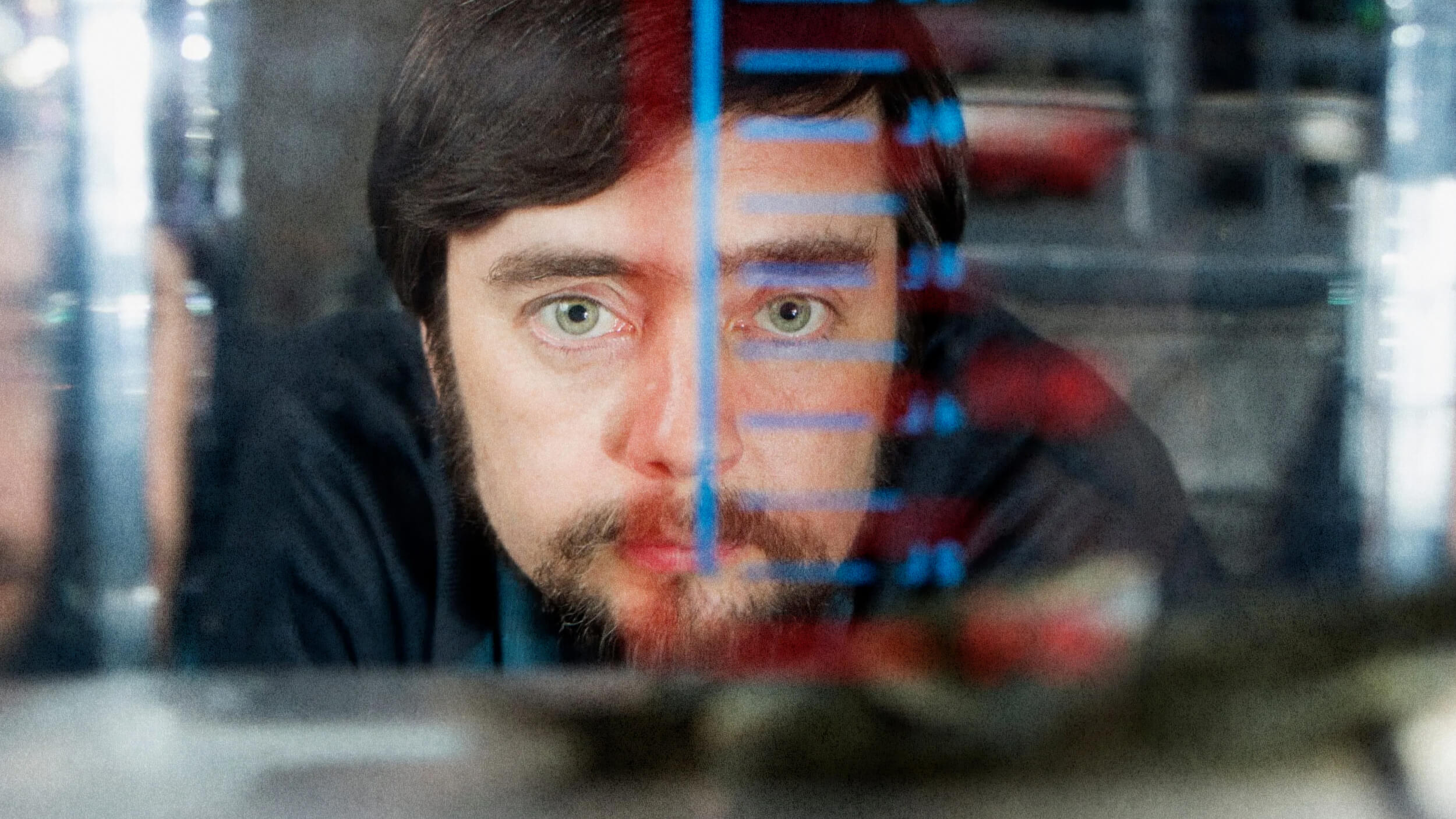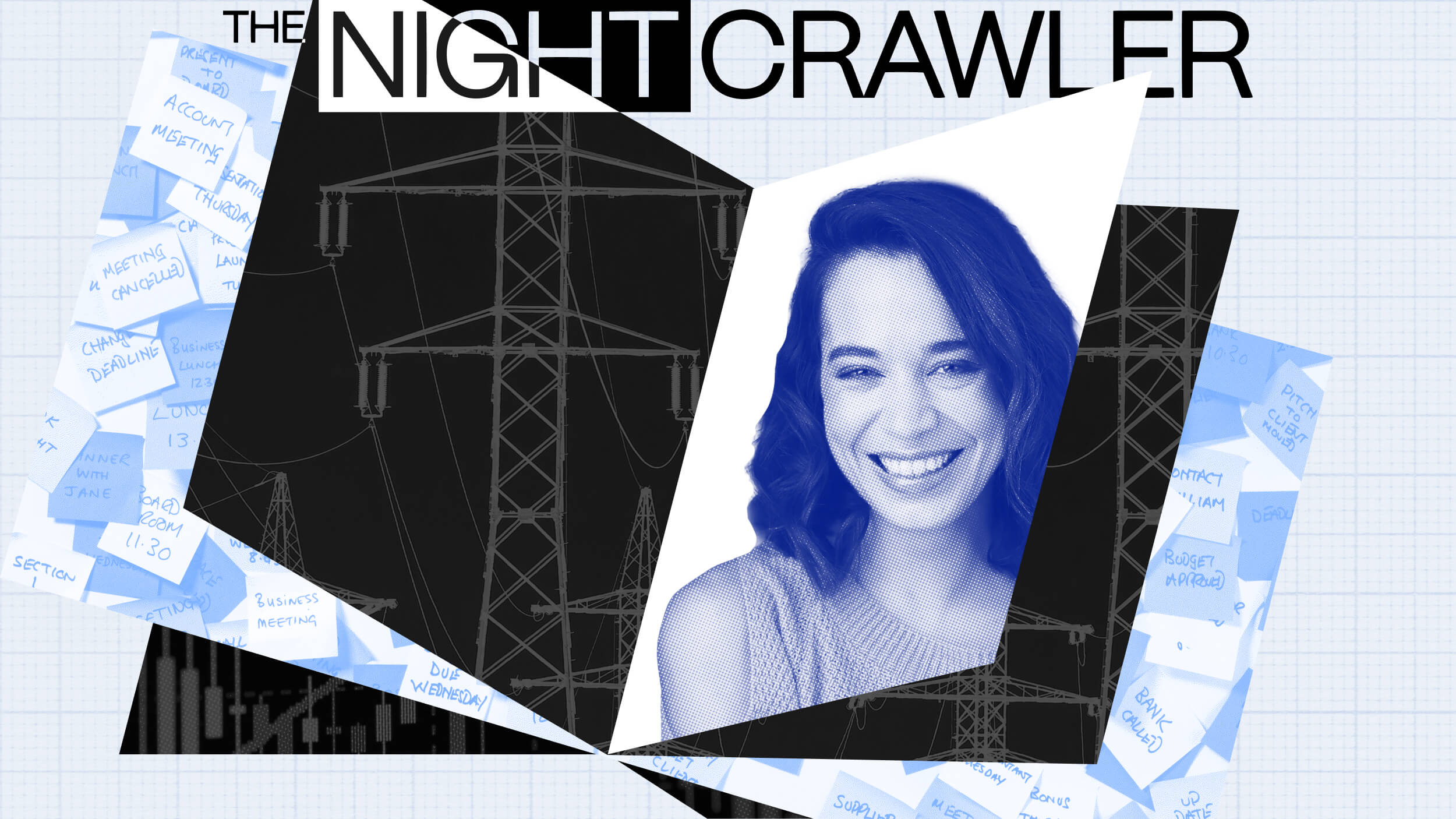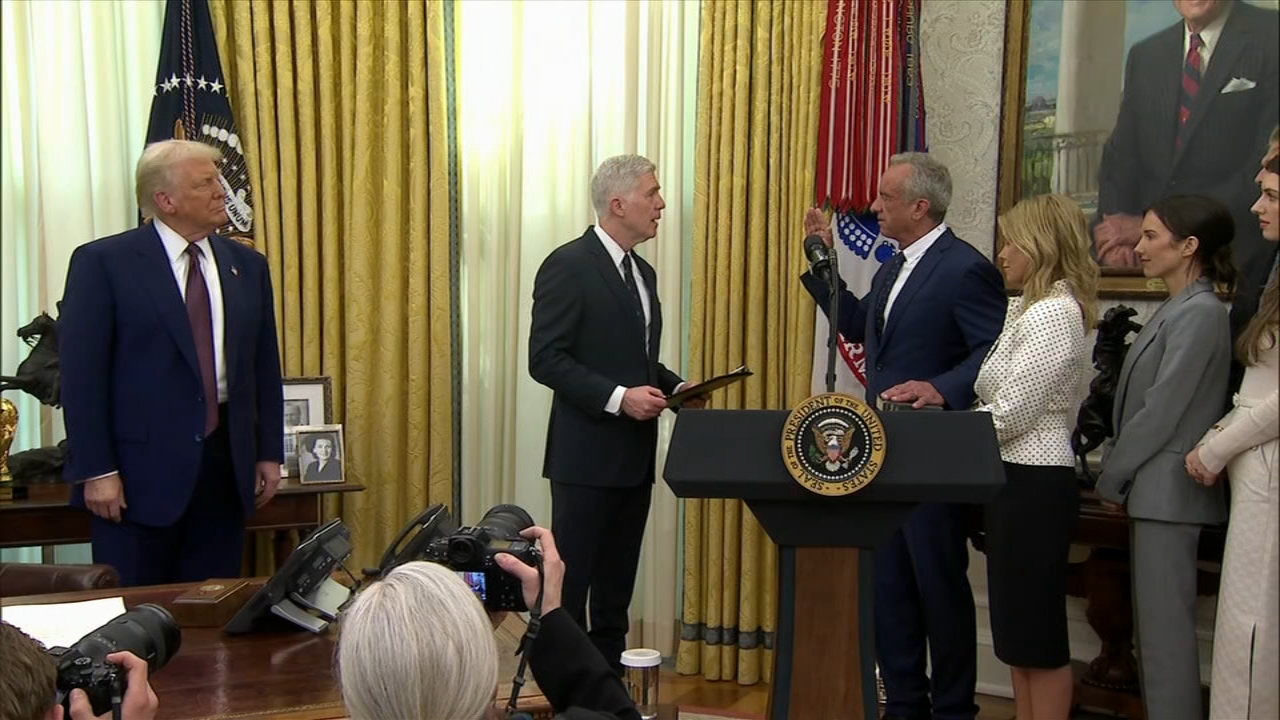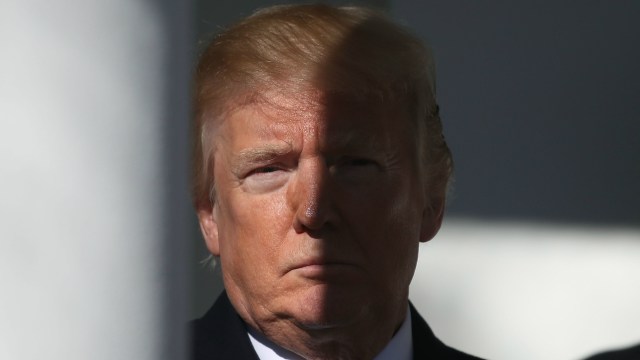Five stark and glaring facts about income inequality from a major new report
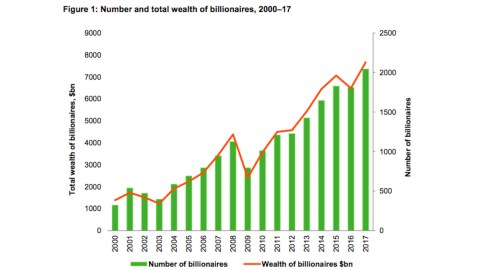
Oxfam, a confederation of charitable organizations dedicated to the reduction or elimination of poverty, has been publishing a yearly study about wealth inequality since 2012.
Not surprisingly, the 2017 report shows that it’s getting worse. Much worse, in fact: Last year, just 42 people have as much wealth as the bottom 1/2 of the entire world.
Citing tax evasion, corporate influence on policy and governments, attacks on workers’ rights, and “cost cutting” as the big reasons for the increase in inequality, Oxfam has a message for world leaders at the World Economic Forum this week in Davos, Switzerland: address inequality by talking about the failing systems that cause the world’s wealth gap to widen.
Oxfam director Mark Goldring put an even finer point on it in the published results of the study by stating that ordinary people should receive a living wage, and “If that means less for the already wealthy, then that is a price that we — and they — should be willing to pay.”
There’s pushback to the data and the study. Some “free market” fans have been tweeting back at Oxfam, claiming that raising taxes and redistributing wealth won’t help the poor.
Inequality is a meaningless statistic. The poor are getting richer, that’s fantastic news! Just because the rich are getting rich faster doesn’t take away from that! Global wealth isn’t a fixed pie.
— Simon Tompkins (@Honest_Sy1) January 22, 2018
Here are 5 of the facts listed in the study.
The condensed summary lives here and the full-blown publication is here.
1. 82% of the wealth created last year went to the top 1%
2. The bottom 50% saw no increase at all
3. 9 out of 10 of the world's super-wealthy are men
4. The wealth of the world's top 1% has increased by $762 billion last year; that's enough to eradicate extreme poverty 7 times over
5. In the United States, the 3 wealthiest people own as much as the bottom 50%
There are several charts in the publication, but the one that really stands out is this:
So ... how about it? Is this a good thing for the world, or not so much?
--
